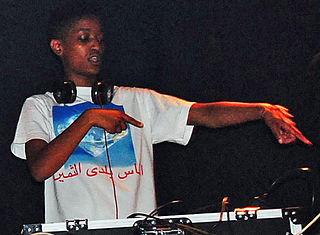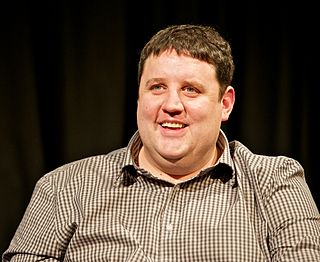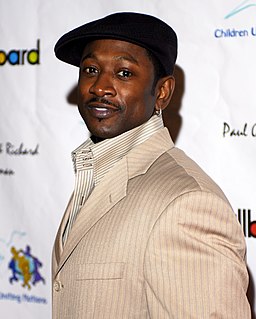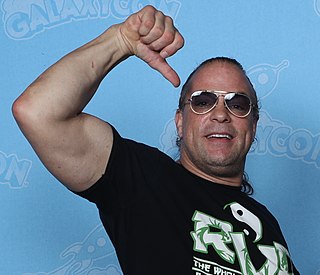A Quote by Marc Andreessen
An awful lot of successful technology companies ended up being in a slightly different market than they started out in.
Related Quotes
So I realized when I was successful in a piece, it was because I didn't abandon a notion early on what it ought to be, and I let it take me along. So I've had songs that started out as being about the environment and ended up being love songs and love songs that ended up being about the environment. I've had things that I thought would be a poem and realized that it was just too big for that. I've got to do something larger and it became a play. I wrote one poem that started a whole play.
The other dynamic keeping the stock market up - both for technology stocks and others - is that companies are using a lot of their income for stock buybacks and to pay out higher dividends, not make new investment,. So to the extent that companies use financial engineering rather than industrial engineering to increase the price of their stock you're going to have a bubble. But it's not considered a bubble, because the government is behind it, and it hasn't burst yet.
The reason we have so much talent in Silicon Valley building and investing in for-profit technology companies is that markets richly reward successful ideas, no matter who invents them. But to remain competitive in a free market, companies must exercise discipline to meet quantitative goals and eventually become cashflow positive.
To be honest, when I started watching VR content, I was mostly disappointed and thought people could do better - not that different from when I set out to make 'Swingers' and thought, 'There's a better way to make an independent film.' Which is why 'Swingers' ended up being so much less expensive than anything like it.
It's understandable that the music companies that are comprised of people that are successful by making good creative decisions - they have to decide which out of fifty artists is the next hot one, with no data to go from. It's an intuitive process, and that's what they do well when they're successful. They don't understand technology.
Generally, the technology that enables disruption is developed in the companies that are the practitioners of the original technology. That's where the understanding of the technology first comes together. They usually can't commercialize the technology because they have to couple it with the business model innovation, and because they tend to try to take all of their technologies to market through their original business model, somebody else just picks up the technology and changes the world through the business model innovation.
I feel like I went through the Great Depression. All these companies are being successful around you, you're on that track, and then the market collapses, and you're out of a job. You're trying to save your investors' investment, and it doesn't work, and you sell the company for nothing. It was brutal.






























